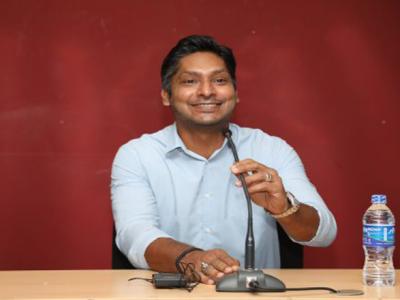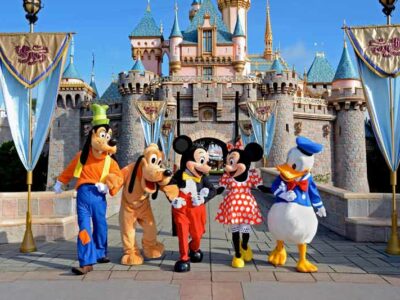(COLOMBO, LANKAPUVATH) –The Working Group appointed by Foreign Relations Minister Dinesh Gunawardena to assess the current status of implementation of the 2030 Agenda for Sustainable Development and Sustainable Development Goals presented their report to the Minister on Thursday, 23 July 2020.
Presenting the Report, the Chair of the Working Group Ahmed A. Jawad, Additional Secretary, Multilateral Affairs of the Ministry of Foreign Relations observed that high-level leadership would be crucial for the achievement of the Sustainable Development Goals since these Goals are of a cross cutting nature, coming under the purview of multiple agencies and therefore the supervision at the highest possible political level becomes absolutely important.
The Minister of Foreign Relations appreciated the deliberations of the Working Group to produce the Report in a short period of time given the situation concerning COVID-19 and stated that this report would be important at this juncture with regard to the implementation of the 2030 Agenda for the Development.
The Working Group on 2030 Agenda for Sustainable Development was chaired by Ahmed A Jawad, Additional Secretary, Multilateral Affairs of the Ministry of Foreign Relations and comprised Anton Perera Additional Secretary to the Prime Minister and Co-Secretary, Presidential Task Force for Economic Revival and Poverty Alleviation, Dr Lloyd Fernando, Member, Board of Studies Postgraduate Institute of Management, University of Sri Jayewardenepura and Chairman, Gamani Corea Foundation, Dr C.S. Weerarathne, former Professor of Agriculture, University of Ruhuna and University of Rajarata and Chamindry Saparamadu, Attorney-at-Law/ Development Sector Professional and Lecturer in Sustainable Management.
The report underscores the importance of a strong institutional mechanism that could integrate the economic, social and environmental dimensions of Sustainable Development in a balanced, holistic and pragmatic manner across all levels of government and society and recommends creation of an institutional framework for effective coordination of the implementation of Sustainable Development Goals. One of the recommendations is that the composition of such a framework needs to cut across all sectors given the interconnected nature of the Sustainable Development Goals. Meaningful engagement of the businesses, academia, civil society, trade unions, women and youth as well as indigenous groups in the process of planning, target setting, implementation and monitoring has been identified as a critical factor underpinning success of implementation.
The report also emphasizes that Sustainable Development Framework is a transformative Agenda which requires stewardship at the highest level having both convening power and the ability to foster multi-stakeholder engagement to transform it towards a whole-of-government and whole-of-society approach and proposed number of actions for donor coordination, planning, SDG alignment, policy coherence, national SDG indicator framework, integrated monitoring and reporting mechanism, capacity building, use of alternate data sources, development of a financing framework, domestic resource mobilization, prioritize and support public sector innovation and establishment of a National Innovation Agency.
“Transforming our World: the 2030 Agenda for Sustainable Development” was adopted by the Heads of State and Government and high level representatives, including Sri Lanka, met at the United Nations Head Quarters in New York from 25-27 September 2015. This framework is to achieve sustainable development by the year 2030, building upon the achievements of the Millennium Development Goals. The Agenda includes 17 Sustainable Development Goals accompanied by 169 targets and indicators under each target. Sri Lanka has taken number of steps to implement the 2030 Agenda for Sustainable Development including the enactment of the Sustainable Development Agenda Act No. 19 of 2017 and establishment of the Sustainable Development Council. The last decade of the framework, the “Decade of Action” 2020 – 2030 began this year.




